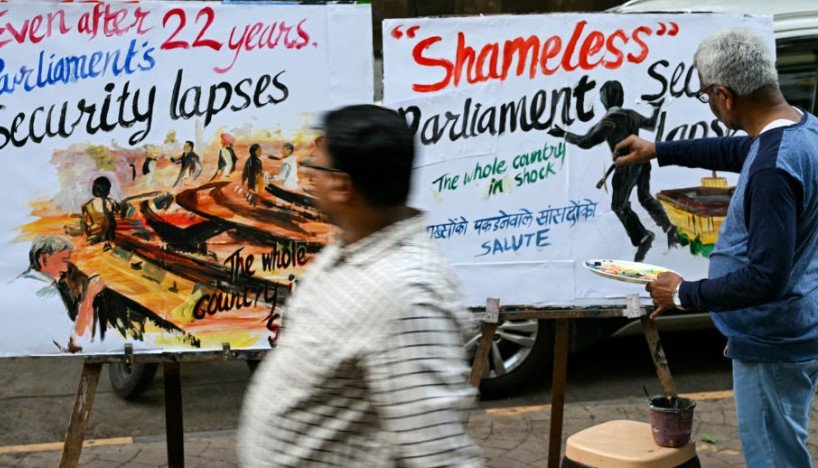In a significant political move, opposition Members of Parliament (MPs) in Georgia have filed a lawsuit against the recently adopted Law on Transparency of Foreign Influence. The law, which has been a subject of intense debate, was passed by the ruling majority and is now being contested for its alleged non-compliance with the Georgian Constitution. The opposition, along with various non-governmental organizations (NGOs), argues that the law infringes on fundamental rights and poses a threat to the country’s democratic principles.
Opposition’s Legal Battle
The opposition MPs have taken a firm stand against the Law on Transparency of Foreign Influence, arguing that it violates Articles 22 and 78 of the Georgian Constitution. These articles protect the freedom of association and the country’s commitment to European integration. The MPs believe that the law, often referred to as the “Russian law,” undermines these constitutional guarantees. They have called on the Constitutional Court to annul the law, emphasizing its potential to stifle civil society and limit the activities of NGOs and media organizations.
The opposition’s lawsuit is supported by 32 MPs who have signed the constitutional complaint. This collective action highlights the widespread concern among political leaders about the implications of the law. The MPs argue that the law’s provisions, which label organizations receiving foreign funding as “agents of foreign influence,” create a hostile environment for civil society. They contend that this designation could lead to increased scrutiny and pressure on NGOs, ultimately hindering their ability to operate freely and effectively.

In addition to the legal arguments, the opposition has also pointed to the broader political context. They argue that the law is part of a larger strategy by the ruling party to consolidate power and suppress dissent. By targeting organizations that receive foreign funding, the law effectively curtails the influence of international partners and undermines Georgia’s aspirations for closer ties with the European Union and other Western institutions.
Support from NGOs and Civil Society
The opposition’s legal challenge has garnered significant support from NGOs and civil society groups in Georgia. Over 120 organizations have joined the lawsuit, arguing that the law infringes on their rights and threatens the democratic fabric of the country. These groups have been vocal in their opposition to the law, organizing protests and public campaigns to raise awareness about its potential consequences.
NGOs argue that the law’s requirements for transparency and disclosure are overly burdensome and could lead to self-censorship. They fear that the law will deter individuals and organizations from engaging in advocacy and activism, ultimately weakening civil society. The NGOs also highlight the law’s potential to stigmatize organizations that receive foreign funding, painting them as agents of foreign interests rather than legitimate actors working for the public good.
The support from civil society has been crucial in amplifying the opposition’s message and mobilizing public opinion. Protests against the law have drawn large crowds, with demonstrators calling for its repeal and demanding greater protection for civil liberties. The NGOs have also engaged in international advocacy, seeking support from foreign governments and international organizations to pressure the Georgian authorities to reconsider the law.
International Reactions and Implications
The controversy surrounding the Law on Transparency of Foreign Influence has attracted significant international attention. Both the European Union and the United States have expressed concerns about the law’s potential impact on Georgia’s democratic development. They have urged the Georgian government to ensure that the law complies with international standards and does not undermine the country’s commitments to human rights and democratic governance.
The international community’s response has included diplomatic pressure and the threat of sanctions. The European Union has warned that the law could jeopardize Georgia’s prospects for closer integration with the EU, while the United States has indicated that it may reconsider its support for the Georgian government if the law is not amended. These warnings reflect the broader geopolitical stakes involved, as Georgia’s alignment with Western institutions is seen as a counterbalance to Russian influence in the region.
The opposition and civil society groups have welcomed the international support, viewing it as a crucial element in their efforts to challenge the law. They argue that international pressure is necessary to hold the Georgian government accountable and to ensure that the country’s democratic trajectory is not compromised. The opposition has also called for continued engagement from international partners, urging them to monitor the situation closely and to support efforts to protect civil society and democratic institutions in Georgia.
